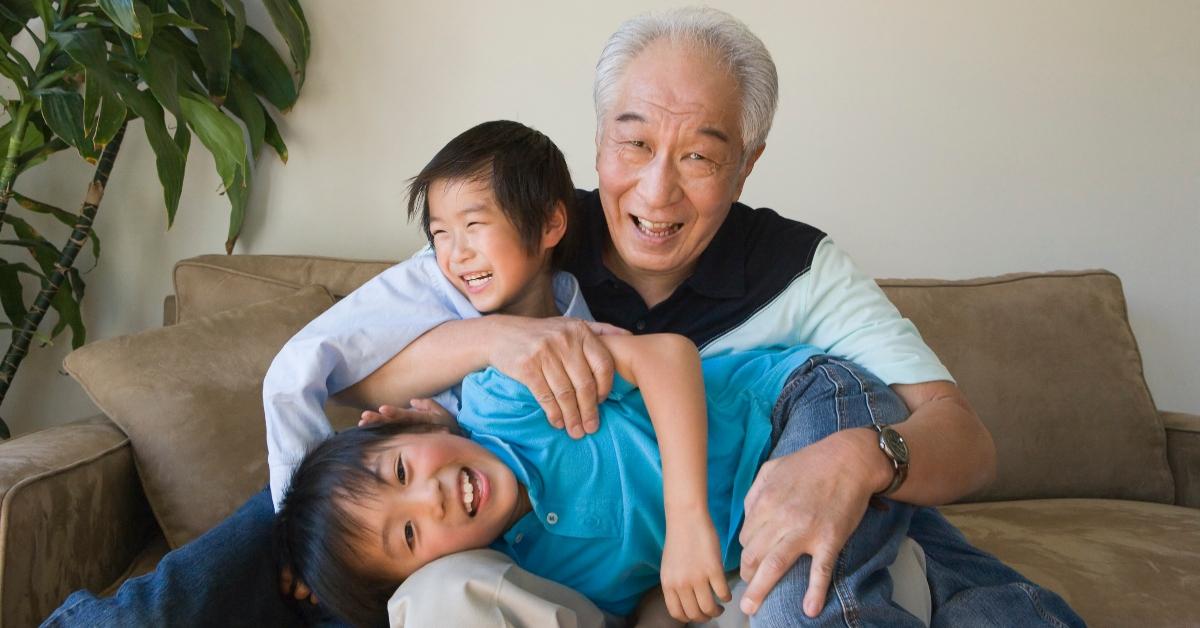When and How Can a Trustee Remove a Beneficiary From a Trust?
With a trust, your assets are divided among your beneficiaries by a trustee after your death. Can a trustee remove a beneficiary from a trust?
Feb. 23 2023, Published 9:58 p.m. ET

No one ever wants to think about dying. However, if you’re a parent or grandparent, it’s important to have a plan on how your assets will be distributed to your family members if you die. Two common estate plans are wills and trusts.
While both wills and trusts outline how your assets will be divided after your death, a trust can help make the process smoother because it bypasses probate, a legal process where the court manages the distribution of your assets. With a trust, your assets are divided among your beneficiaries by a trustee.

Can a trustee remove a beneficiary from a trust?
In most cases, a trustee doesn’t have the power to remove a beneficiary from the trust, especially in an irrevocable trust. An irrevocable trust can’t be changed or revoked.
On the other hand, a revocable trust can be changed or revoked by the grantor while they're still alive. So, if you’ve established a revocable trust but then decide that you want to remove one of your children as a beneficiary, you can do so. However, the trust automatically becomes irrevocable after your death and changes can’t be made.
The only way a trustee can remove a trust beneficiary is if the trust agreement gives them the “power of appointment,” which enables them to add or remove beneficiaries.
What are the trustee’s responsibilities?
A trustee starts managing our assets while you are still alive. You, the grantor, can be the trustee while you are alive, but that role switches to a backup trustee if you become incapacitated or die.

It’s the trustee’s job to work in the best interest of the trust. They're legally obligated to follow the terms outlined in the trust. They're also responsible for distributing your assets to your beneficiaries after your death in accordance with what you’ve outlined in your trust.
Can a trustee withhold trust assets?
Although a trustee usually can’t remove a beneficiary from a trust, they can delay or withhold giving them their share of the trust's assets. However, the trustee has to provide a valid reason why they have delayed or withheld distributing to a trust beneficiary, and those reasons vary depending on the state where the trust was set up.
Some valid reasons a trustee may withhold distributing assets to a trust beneficiary could be:
The beneficiary must reach a reached a certain age to get their inheritance.
The beneficiary isn't mentally capable of handling their own finances.
The beneficiary has a criminal history and may squander the money.

Can a trustee withdraw money from a trust account?
A trustee can withdraw money from a trust account they manage as long as it's used to pay for third-party expenses. Those third-party expenses could include:
Funeral and burial expenses
Taxes owed by the grantor
Costs related to properties in the trust
Debts owed by the grantor
Administrative fees for those hired to help with the trust
